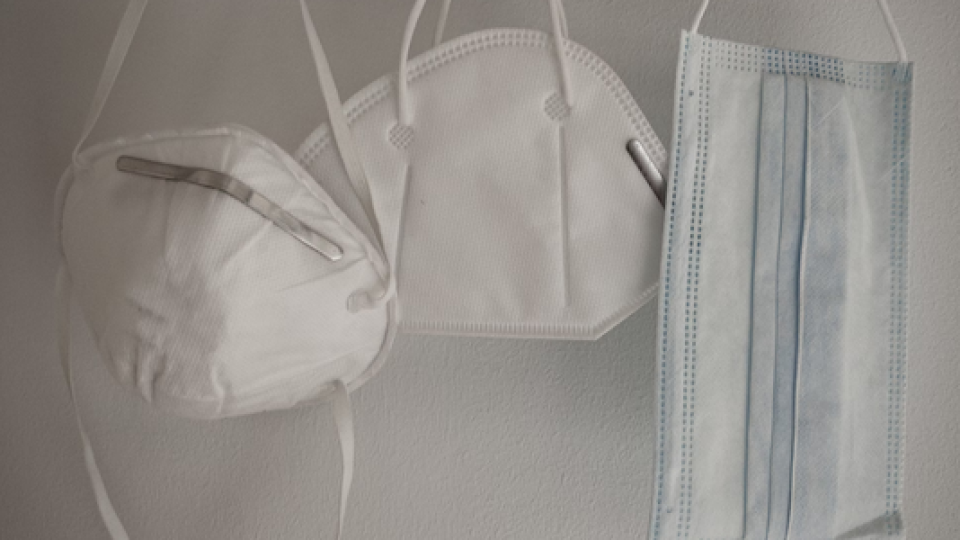January 4, 2024
KATHMANDU – As the risk of the spread of Covid infections rises, the Ministry of Health and Population has asked the general public to avoid crowds and follow public health measures.
The ministry’s appeal comes as people entering the country from various states of India started testing positive for the coronavirus.
“Until a few weeks ago, we had zero cases of Covid infection, but the number of positive cases has started rising again,” said Dr Prakash Budhathoky, spokesman for the ministry. “Most people testing positive for the virus are those who returned from India. This is a matter of concern for us.”
India saw a surge in new cases of coronavirus infections and also witnessed an outbreak of the sub-variant JN.1 in several states. Every day, thousands of people enter Nepal from India through legal entry points and hundreds of unregulated passes on the porous border.
Budhathoky claimed that the agencies under the health ministry have been alerted and surveillance measures stepped up following the confirmation of the JN.1 outbreak in India.
Doctors warn that it is just a matter of time before the new sub-variant spreads throughout the country. Officials say infected people have been moving around freely.
Even after confirming a coronavirus infection, people are being allowed to go home without any agency monitoring their movements.
“Almost all variants of the coronavirus outbreak in India have found their way into Nepal,” said Dr Janak Koirala, an infectious disease expert. “Even if the JN.1 sub-variant is not as deadly as the Delta variant, the virus still poses a serious threat to the elderly and people with compromised immunity.”
During the second wave of the Covid pandemic triggered by the Delta variant, which was first detected in India, the variant spread to Nepal a few weeks after outbreaks in India.
Over 12,000 people died and hundreds of thousands were infected in the first, second and third waves of the Covid pandemic.
Public health measures have been lifted following the decline in the infection rate of the Omicron variant in 2021.
The World Health Organisation classifies JN.1 as a separate ‘variant of interest’ given its rapid spread around the globe. The UN health body, however, said that based on available data, “the additional public health risk posed by JN.1 is currently evaluated as low”.
Several countries, including China, Indonesia, the Philippines, Malaysia and Singapore, have reported upticks in new coronavirus cases. The JN.1 strain, first detected in September in the United States, is a descendant of BA.2.86, a highly mutated variant of the Omicron strain of Covid-19.
Meanwhile, most laboratories equipped to carry out polymerase chain reaction (PCR) tests have reported a shortage of testing kits. Also, the health desks set up at international border crossings lack antigen test kits.
The Provincial Public Health Laboratory of Sudurpaschim said that it has requested the Province Health Logistics Management Centre for kits for PCR and antigen tests, as it is running low on both.
Officials said testing people suspected to have the coronavirus will come to a standstill both in the laboratory and at border points if the kits are not immediately supplied.
According to them, the PCR kits supplied in the past have expired and health desks set up at border points only have around 200 antigen test kits. This quantity is sufficient only for a day if there is a high flow of people returning from India.
Also, most laboratories lack trained human resources to carry out testing, as the lab technicians hired during the coronavirus pandemic were laid off following the decline in new cases.
“The time has come to follow the basics—wearing face masks, sanitising hands, avoiding crowds,” said Koirala. “These measures protect us from the risk of not only coronavirus infection but also influenza.”


